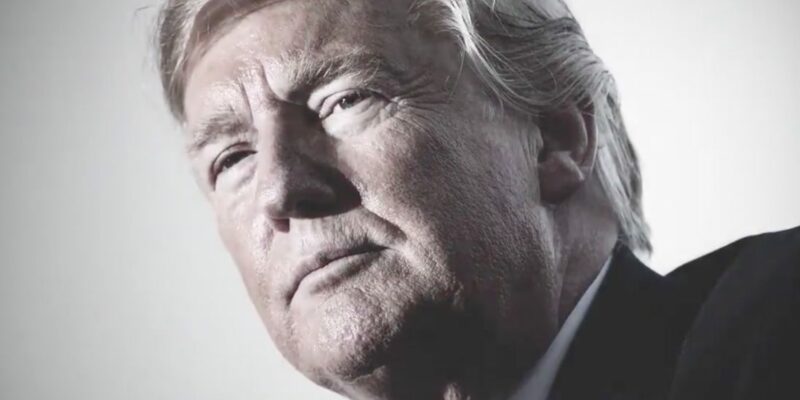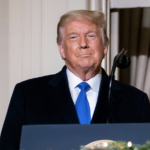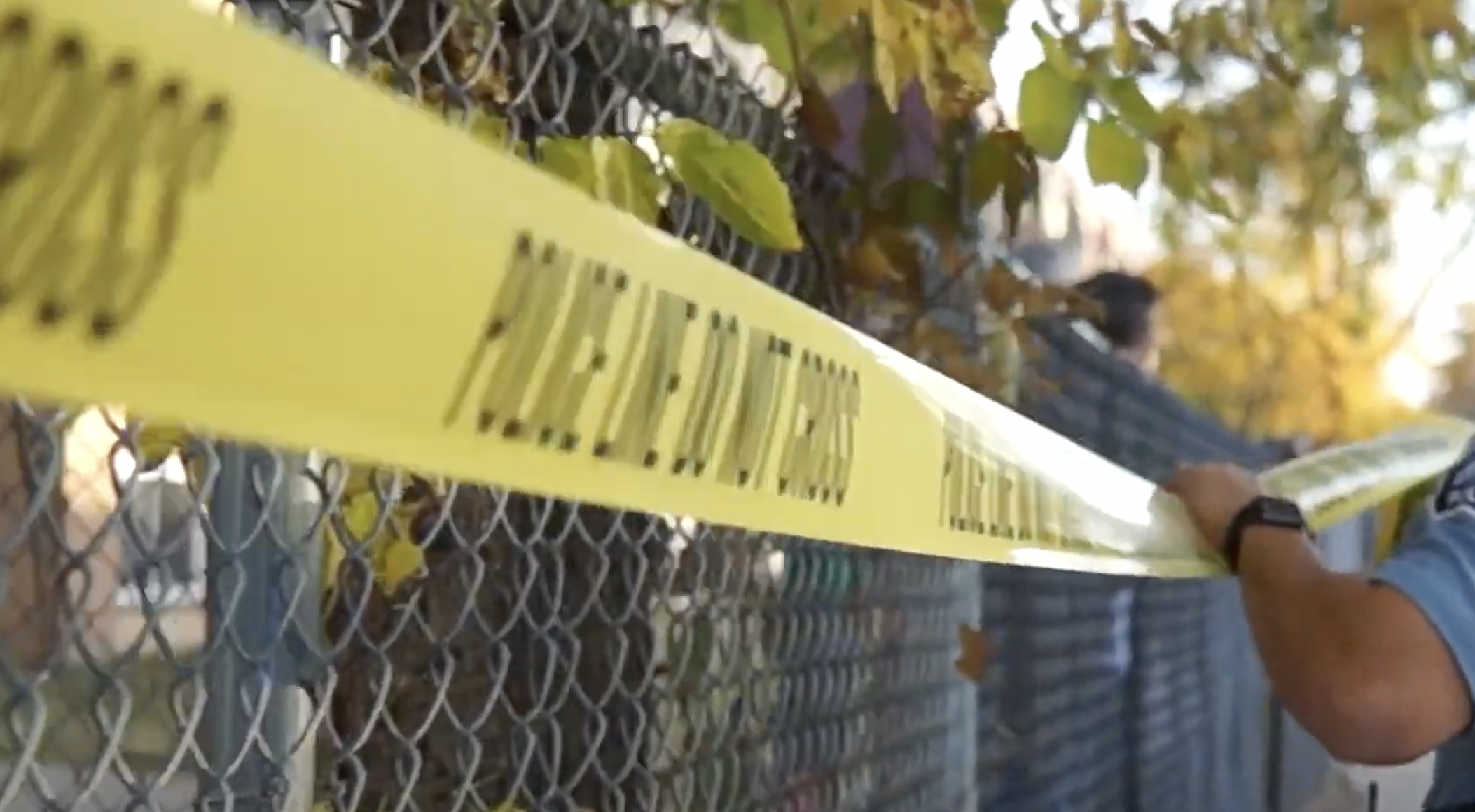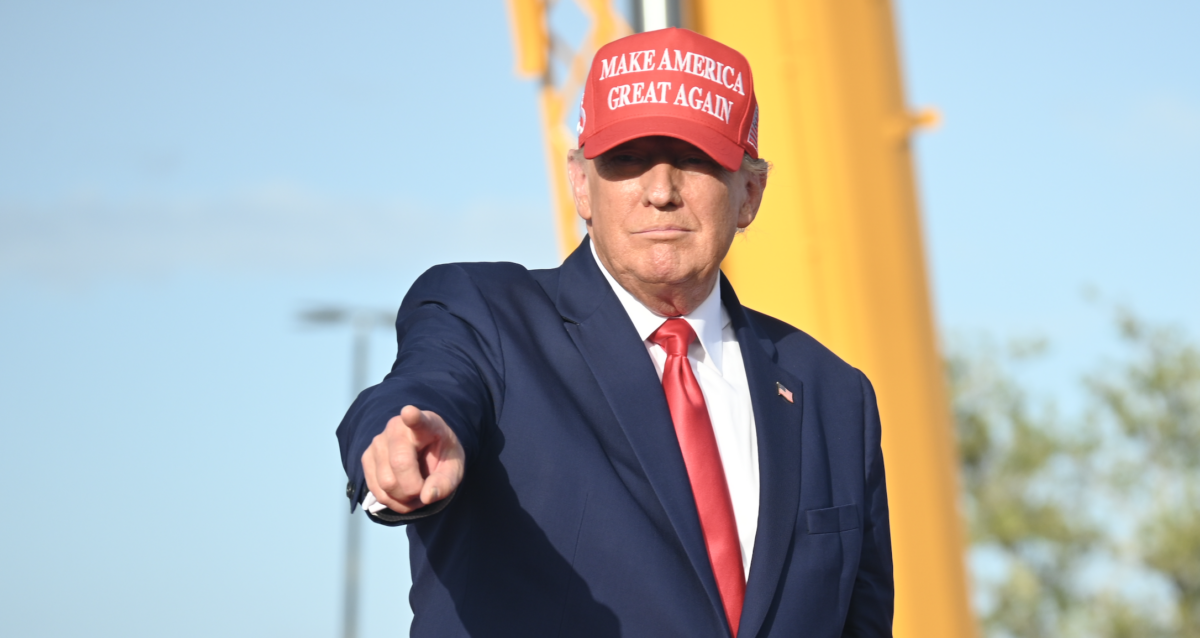The outbreak of coronavirus is prompting questions and growing concerns about the ability of the United States government to respond to the escalating health crisis as the death toll rises across the country and globe.
The coronavirus has been declared a public health emergency in the U.S., placing pressure on authorities to identify potentially infected people and put in place protocols to halt the spread of the disease, even as questions mount about the effectiveness of the government’s response.
More than that, the disease’s spread has prompted broader questions about the emergency readiness of the nation’s health-care infrastructure, as well as its capacity to access vaccines to interrupt the spread of other potentially lethal viruses, including any that might be deliberately released as part of a bioterrorism campaign.
Since the 2001 anthrax attacks in the U.S., the government has undertaken a vigorous effort to improve public health preparedness amid concerns over a flu pandemic or an outbreak of SARS, Ebola, Zika, MERS or smallpox. The efforts by U.S. authorities includes maintaining a large stockpile of emergency drugs and vaccines in what is known as the Strategic National Stockpile.
But some experts have warned that the nation remains vulnerable despite these efforts. In the case of smallpox, for example, the U.S. has approved a treatment, TPOXX, and kept supplies of it available in the event of an attack. But some experts have warned that the U.S. may not have enough stockpiled to respond to a major smallpox outbreak.
“We must also always be doing everything in our power to improve the effectiveness of the medications we do possess,” Charles Faddis, a former head of the CIA counterterrorism unit tracking weapons of mass destruction, recently wrote in an opinion article about the threat of bioterror.
Now, fears and confusions over the coronavirus outbreak are escalating in The U.S., particularly after the deaths of two Washington state residents over the weekend who were found to have been infected with the virus. The two cases are the first coronavirus-related deaths in the U.S.
In addition, other states, including New York, Florida and Rhode Island, reported new cases this weekend, bringing the total number of infections in the U.S. to 88 by Monday morning. And across the globe, the number of people with confirmed cases of coronavirus rose to 89,000, while more than 3,000 people died of the infection in China, the epicenter of the outbreak.
The situation has led to mounting criticism of the Trump administration’s handling of the crisis amid signs that administration officials had greatly underestimated the severity of the problem despite repeated warnings.
A number of critics, including Democratic presidential candidates, say that the administration was not aggressive enough during the initial phases of the outbreak and instead painted a dangerously optimistic picture of the crisis.
Indeed, even as the Centers for Disease Control warned that the outbreak posed a “severe” disruption to “everyday life,” President Trump last week sought to minimize the threat, saying situation was "very well under control in our country."
Critics are specifically pointing to a whistleblower report that health workers lacked protective gear when they met with quarantined Americans evacuated from China, a revelation that initially raised fears that the workers themselves were being inadvertently exposed to the virus.
The critics also pointed to the problem the CDC has had ensuring that health authorities had accurate testing kits, a situation that some health-care experts say has hampered the ability to detect the spread of the virus in a timely and accurate manner.
"This is incompetence on the part of the president of the United States at the expense of the country and the world,”former Vice President Joe Biden said.
But President Trump andadministration officials dismissed such attacks as politically motivated and accused Democrats of attempting to score political points in the midst of a national emergency.
In addition, officials with the federal Department of Health and Human Services announced that the agency was seeking to determine why testing kits originally provided by the Center for Disease Control had problems that prevented authorities from identify potentially infected individuals.
Vice President Mike Pence, who is leading the government’s response to the virus, said over the weekend that that President Trump had ordered health authorities to stockpile protective masks for use by the public. He also said the administration has ramped up efforts to produce a coronavirus vaccine and test it in clinical trials.
More than that, the vice president intends to visit the Hill to meet with lawmakers in both parties, as Congress prepares to consider an emergency aid package of as much as $8 billion to deal with the growing health crisis.
The House is expected to take up the measure this week before sending it to the Senate for approval.
In a measure of the pressures the outbreak is placing on the health-care system, representatives of the health care industry are urging leaders in Washington to require the federal government cover the costs of the mandatory quarantining patients who may be infected with the coronavirus.
This opinion was written by The Floridian staff reporter Michelle Lindeman and wire reports










